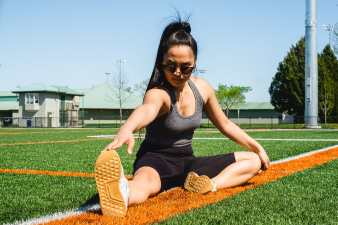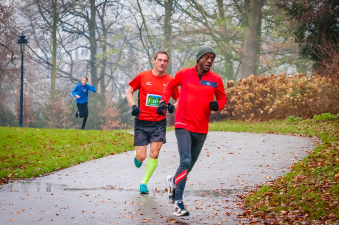Beginner's guide to exercise
For those who are new to the fitness field, it is important to develop a personalized fitness plan, whether it is for New Year's resolutions or personal health concerns. This plan should take into account the individual's physical condition, fitness goals, and daily schedule. Whether it's for self-improvement or as prescribed by a doctor, being physically active is an important step in improving your mental and physical health. Importantly, exercise does not have to be lengthy or cause excessive fatigue, and any form of physical activity, from favorite sports to strength training at the gym, can be considered effective.
The Benefits of Exercise
Regular physical activity can significantly improve health, including maintaining an appropriate weight, strengthening bones and muscles, reducing the risk of heart disease and obesity, and increasing physical strength. Exercise not only helps with weight control, but also strengthens the heart, reduces the risk of disease, and improves mood and mental state. Exercise triggers the release of endorphins, which help relieve stress, boost mood, boost self-confidence, and promote cardiorespiratory performance.
An overview of the types of exercise
- Aerobic exercise: such as swimming, running, dancing, etc., it is recommended to accumulate 150 minutes of moderate intensity or 75 minutes of high intensity aerobic exercise per week.
- Strength training: such as weight lifting and resistance training, 2 to 3 times a week can improve muscle mass and improve static metabolic rate.
- Core training: Strengthen the muscles of the abdomen, pelvis, lower back and buttocks to improve the stability and balance of the body.
- Flexibility training: Stretching before and after exercise helps improve flexibility and prevent injury.
- High-intensity Interval training (HIIT) : By alternating high-intensity with low-intensity exercise or rest periods, achieve efficient fitness results.
Steps to start an exercise program
- Health assessment: Before starting any exercise, you should consult a medical professional to ensure that your body is fit for physical activity.
- Planning and goal setting: Choose your favorite exercise, plan at least 30 minutes of exercise a day, set specific goals, and keep track of progress.
- Choose the right sports: according to personal preferences and available venues and equipment conditions, choose the right form of sports.
- Develop exercise habits: Build time into your schedule and gradually increase the intensity of your workouts.
- Stay properly hydrated and nourished: Make sure you drink enough water during and after your workout and maintain a balanced diet to support your exercise needs.
Exercise tips
- Hydrate: Hydrate during and after your workout.
- Nutrition optimization: Ensure adequate intake of carbohydrates, protein and healthy fats.
- Warm up and relax: warm up before exercise and cool down after exercise to prepare the body and reduce muscle tension.
- Listen to your body's signals: Pay attention to your body's feedback and adjust your exercise intensity according to your ability.
- Stay motivated: Find fun ways to exercise and keep your workouts fresh and motivated through a variety of exercise types.
Keep exercising and gradually increase its intensity to enjoy the physical and mental benefits of exercise.

